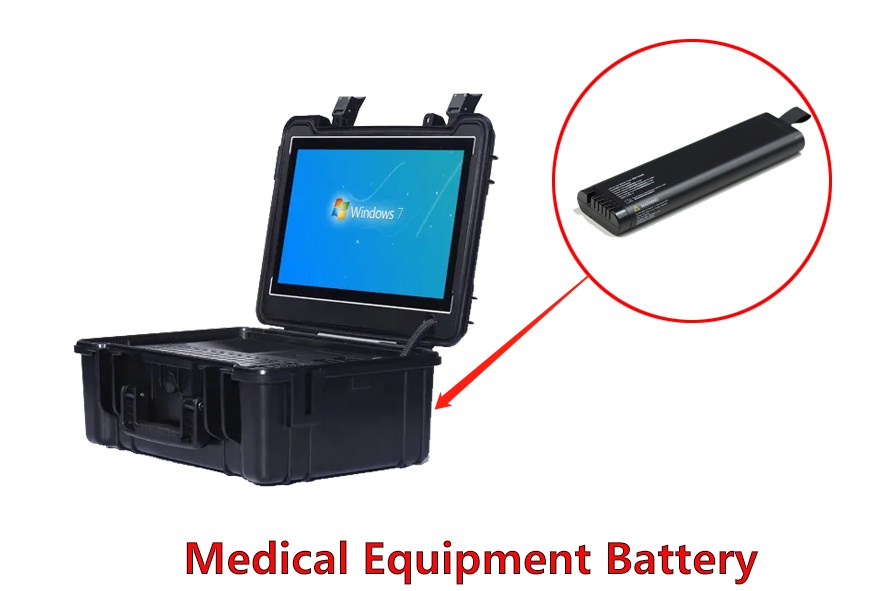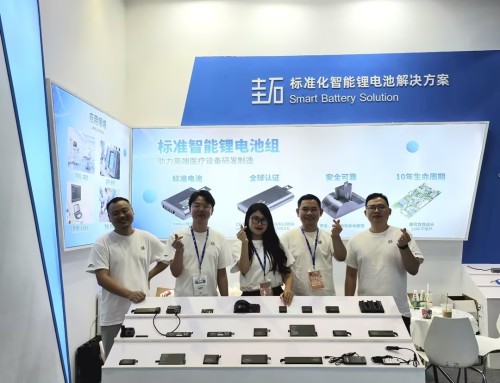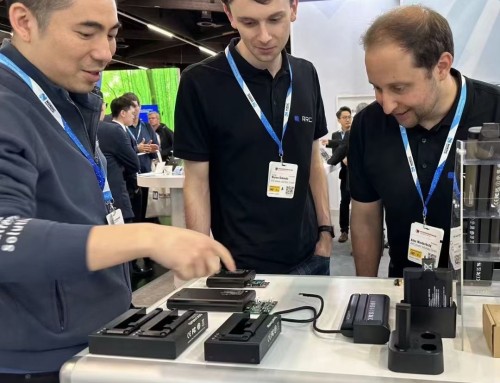As the scope of healthcare expands to include emerging technologies, and lithium-ion batteries shrink in size and interconnect, the medical field will usher in a paradigm shift in therapeutic approaches. Many medical equipment lithium-ion batteries, medical equipment lithium-ion batteries, instrument batteries, equipment batteries, medical batteries and medical equipment batteries are basically the same, and when making these medical batteries, you must not be opportunistic, it may affect the use of medical equipment, equipment When the battery function is serious, the battery of the medical equipment will be cut off, which will definitely affect the life of the patient.
Lithium-ion batteries are mainly used in medical applications such as hearing aids, cardiac pacemakers and other non-life-supporting devices. The use of lithium-ion batteries to replace primary batteries in hearing aids can solve problems such as high cost, environmental pollution, and decreased hearing aid effects caused by voltage drops, and has wide application potential.
A few years ago, medical professionals could not bring life-saving equipment to the scene; the technology for portable instruments was not yet mature. But nowadays, the application of lithium-ion batteries in medical equipment has made it possible for a large number of monitoring instruments, ultrasound equipment and infusion pumps to be used in places far away from hospitals, and even portable devices are becoming more and more convenient to move. Thanks to technologies such as lithium-ion batteries, bulky 50-pound defibrillators can be replaced by lighter, more compact, user-friendly devices that don’t cause medical staff muscle strain.
Patient mobility is also becoming increasingly important. Patients today may be transferred from radiology departments to intensive care units, from ambulances to emergency rooms, or from one hospital to another in an ambulance. Likewise, the proliferation of portable home instruments and mobile monitoring equipment allows patients to stay where they like, rather than in a healthcare facility. Portable medical devices must truly be fully portable to serve patients. The demand for smaller and lighter medical devices has also increased significantly, which has greatly stimulated people’s interest in higher energy density and smaller lithium-ion batteries for medical devices.
The characteristics of small size, light weight, high energy, long cycle life, good durability, high voltage and good heat resistance make lithium-ion batteries have potential advantages. Manufacturers of medical electronics can take advantage of these properties to broaden the market for their products and ultimately bring therapeutic benefits to consumers, medical professionals, and patients.
Therefore, I recommend TEFOO ENERGY‘ standard lithium battery, which is convenient for operators to carry out mobile indoor and outdoor operations, and providing continuous, efficient and stable mobile power supply has become the greatest guarantee for the normal operation of such equipment. The solution uses high-performance batteries, so that the entire battery has the characteristics of high energy ratio, light weight, small size, high cycle life, high safety, and high consistency. The battery is very convenient to use, and the original battery can be directly replaced on site.




